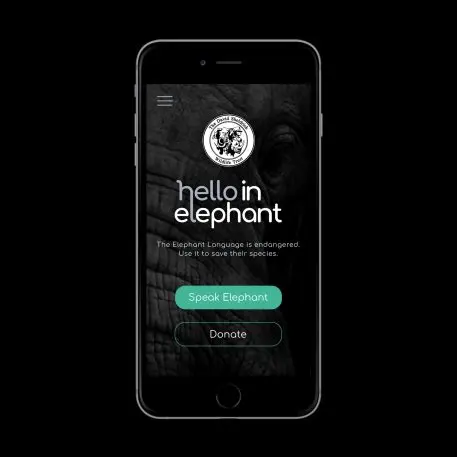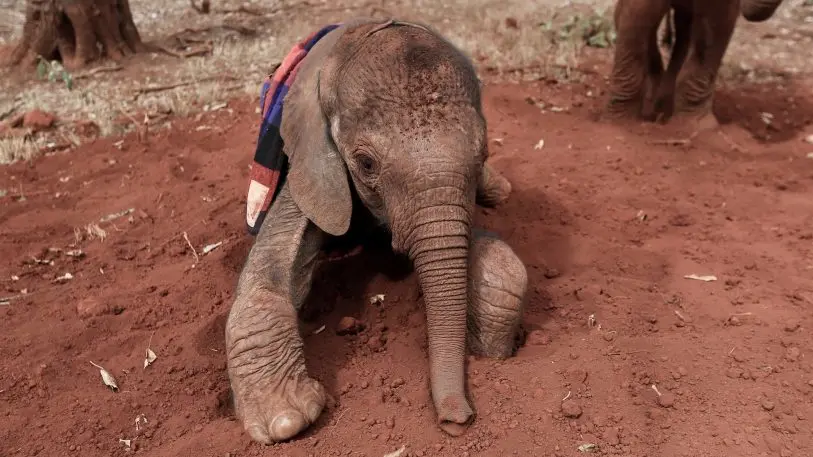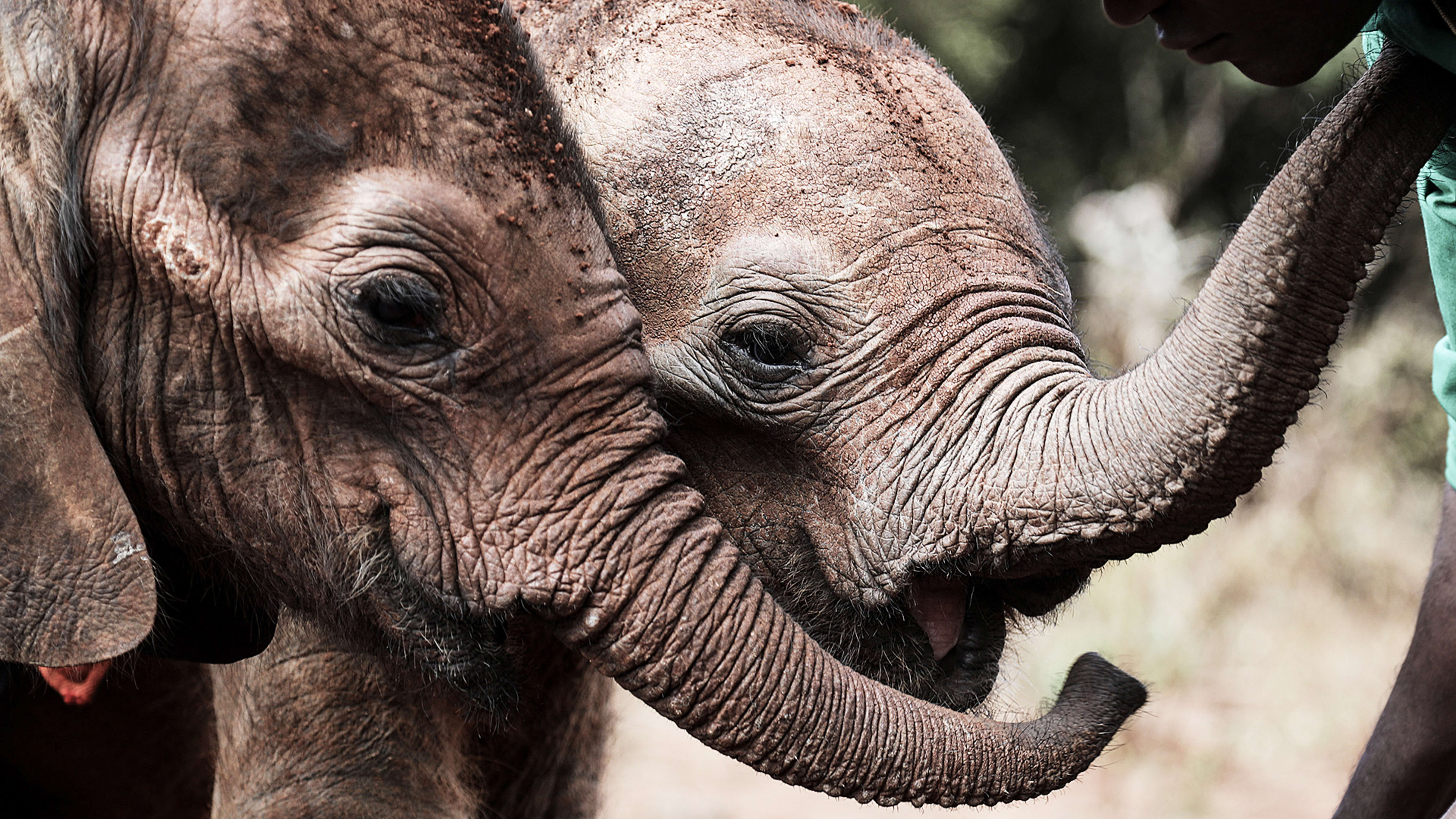Type “hi” into a new website, and it responds with a low rumble: This is how an elephant gives a casual greeting. The site, Hello in Elephant, uses a database created over decades of research to translate English (or an emoji) into its nearest elephant equivalent.
“At our orphanage in Nairobi, we’re hearing these elephant calls all the time,” says Rob Brandford, executive director of the David Sheldrick Wildlife Trust, a nonprofit that rehabilitates orphaned elephants for release to the wild. The nonprofit realized that letting the broader public listen to elephant vocabulary might inspire more support for their conservation.
The site is based on 40 years of research led by Joyce Poole, who has recorded and analyzed thousands of elephant voices with her cofounder and team at an organization called ElephantVoices. “As they’re recording sounds, they’re taking notes of exactly what the elephants are doing at that point in time,” says Brandford. “Are they in a group, are they youngsters, are they in a drought? They’re looking at all these different variables so that they can go back and analyze the sound database.”

The team hopes to spark new interest in elephants with the site. There were more than 10 million African elephants around 100 years ago; now there are fewer than 400,000, and in seven years, that number is projected to drop to 190,000. Poaching is one major cause of the decline–an average of 70 elephants are poached each day, far more than the birth rate–and growing development in Africa is another. On routes that wildlife would traditionally take to reach water, new communities or infrastructure like roads are often in the way.

The key, they say, is increasing interest in elephant conservation now, since the elephant population–and their language–is dwindling so quickly. “This language is in danger,” says Brandford. “We know so little about a species that actually, in our lifetime, might be gone. There’s so much more to learn. We’re not going to get that opportunity unless people get excited about the species.”
Recognize your brand’s excellence by applying to this year’s Brands That Matter Awards before the early-rate deadline, May 3.
